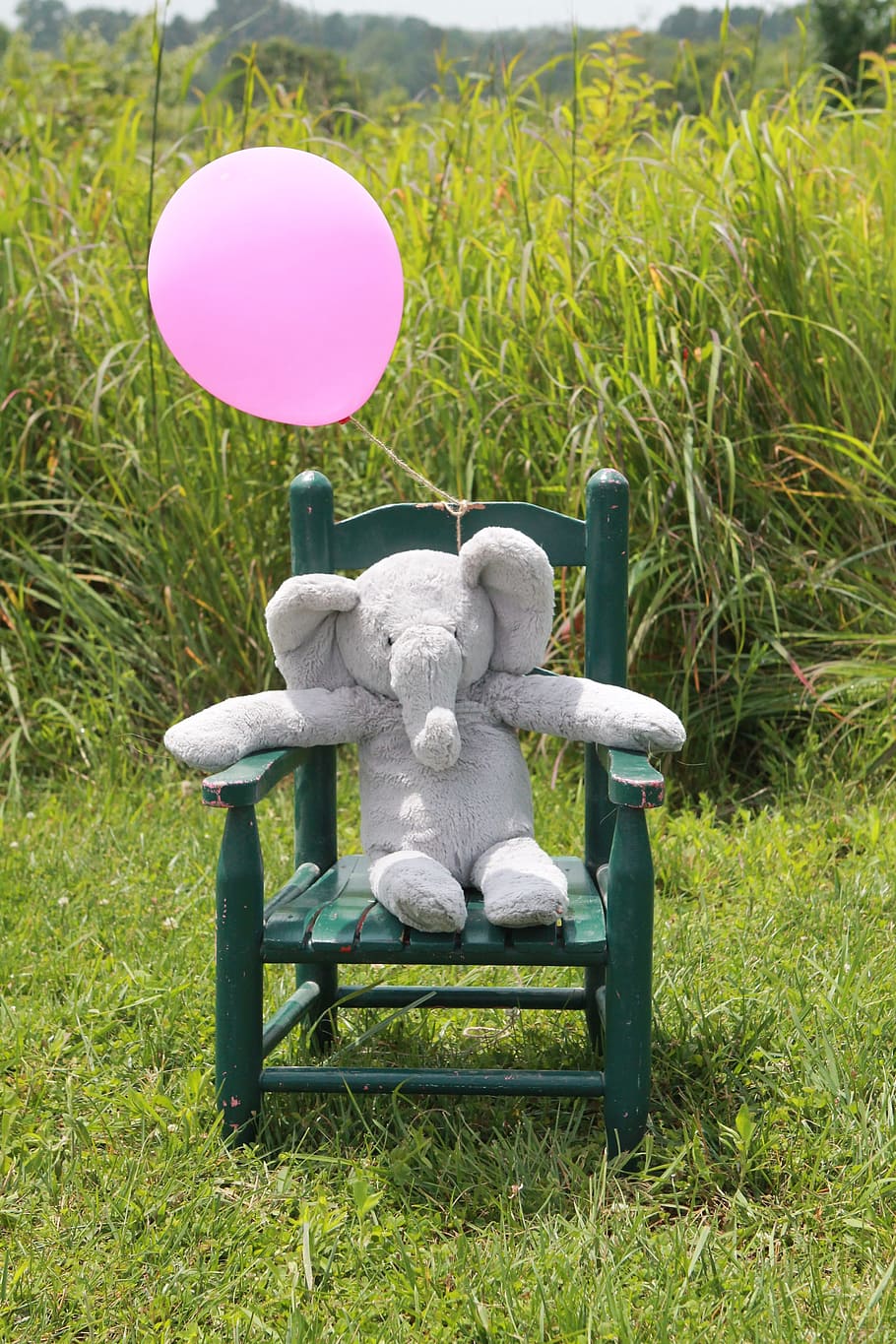You, Me And Baby Announcement: The Truth
페이지 정보
작성자 Nidia 댓글 0건 조회 14회 작성일 24-05-06 00:40본문
1. Monstera Deliciosa: Also known as the Swiss cheese plant, this tropical beauty features large, glossy leaves with unique splits and holes. It thrives in bright, indirect light and is relatively easy to care for.
To ensure your houseplants thrive and remain healthy, it's important to provide them with the right conditions and care. This includes watering them regularly, but not overwatering, as this can lead to root rot and other issues. It's also important to provide your plants with the right amount of sunlight, humidity and temperature, as well as regular feeding with a balanced plant food to promote growth and flowering. Regularly inspect your plants for any signs of pests or disease, and take appropriate action to treat and prevent any issues that arise.
5. Repotting: As your houseplants grow, they may outgrow their pots and need to be repotted. Look for signs like roots coming out of the drainage holes or the plant becoming root-bound. When repotting, choose a slightly larger pot with good drainage and fresh potting soil.
1. Spider mites: These tiny pests can infest tropical houseplants and cause damage to their leaves. To get rid of spider mites, you can wash your plants with a gentle soap solution, increase humidity levels, or introduce natural predators like ladybugs.
In medieval Europe, garden design underwent a transformation with the influence of Christian monasticism and Islamic garden traditions. Monastic gardens were designed to provide sustenance, solace, and meditation for monks, with simple layouts and utilitarian plants. Islamic gardens, on the other hand, were designed as havens of tranquility and beauty, with lavish water features, lush vegetation, and ornate tile work.
Tropical houseplants not only beautify our living spaces but also provide a range of health benefits. Studies have shown that indoor plants can improve air quality by reducing toxins and pollutants, such as formaldehyde and benzene. Tropical houseplants are particularly effective at purifying the air, thanks to their large surface area and efficient photosynthesis process.
One of the key benefits of having houseplants in our homes is their ability to improve air quality. Plants naturally remove toxins from the air through a process called photosynthesis, where they take in carbon dioxide and release oxygen. This can help to reduce the levels of harmful chemicals such as formaldehyde, benzene and trichloroethylene, which are commonly found in indoor environments due to household products and pollution. By having a variety of houseplants in your home, you can create a healthier and cleaner living space for you and your family.
One of the most exciting trends in contemporary garden design is the use of green roofs and living walls, which help to mitigate the effects of urban heat islands and provide habitat for pollinators and other wildlife. These innovative designs are helping to transform the urban landscape, creating vibrant and sustainable spaces that benefit both people and the environment.
In recent years, houseplants have seen a surge in popularity among homeowners in the UK. From Instagram influencers to interior design magazines, it seems like everyone is jumping on the houseplant bandwagon. And it's no wonder why - not only do houseplants add a touch of nature and beauty to our indoor spaces, but they also offer a range of health benefits. In this article, we will explore the world of houseplants in the UK, from choosing the right plants for your home to caring for them properly.
1. Air purification: Houseplants can help remove toxins from the air, such as formaldehyde, benzene, and trichloroethylene. Plants absorb these harmful chemicals through their leaves and convert them into oxygen through photosynthesis.
4. Fertilising: Houseplants benefit from regular fertilisation during the growing season, typically spring and summer. Choose a balanced, water-soluble plant food and dilute it according to the manufacturer's instructions. Be mindful not to over-fertilise, as this can cause build-up of salts in the soil.
In the 20th century, garden design continued to evolve with the emergence of modernist and postmodernist movements, influenced by changing social, cultural, and environmental factors. Modernist gardens, such as those designed by Gertrude Jekyll and Lawrence Johnston, sought to blend art, architecture, and nature in a harmonious fusion of form and function. Postmodernist gardens, such as those created by Charles Jencks and Personalised baby Gifts Martha Schwartz, embraced irony, playfulness, and eclecticism in a bold departure from tradition.
 When it comes to choosing the right houseplants for your home, there are a few factors to consider. Firstly, think about the amount of natural light available in each room, as this will determine which plants will thrive in your space. Some plants, such as spider plants and peace lilies, prefer bright, indirect light, while others, like snake plants and ZZ plants, can tolerate lower light conditions. It's also important to consider the humidity levels in your home, as some plants, such as ferns and orchids, thrive in more humid environments.
When it comes to choosing the right houseplants for your home, there are a few factors to consider. Firstly, think about the amount of natural light available in each room, as this will determine which plants will thrive in your space. Some plants, such as spider plants and peace lilies, prefer bright, indirect light, while others, like snake plants and ZZ plants, can tolerate lower light conditions. It's also important to consider the humidity levels in your home, as some plants, such as ferns and orchids, thrive in more humid environments.
- 이전글바람에 테니스치마가 훌러덩 올라간 하이키 휘서 24.05.06
- 다음글dilantin: phenytoin pour les infections bactériennes : guide d'utilisation 24.05.06
댓글목록
등록된 댓글이 없습니다.
